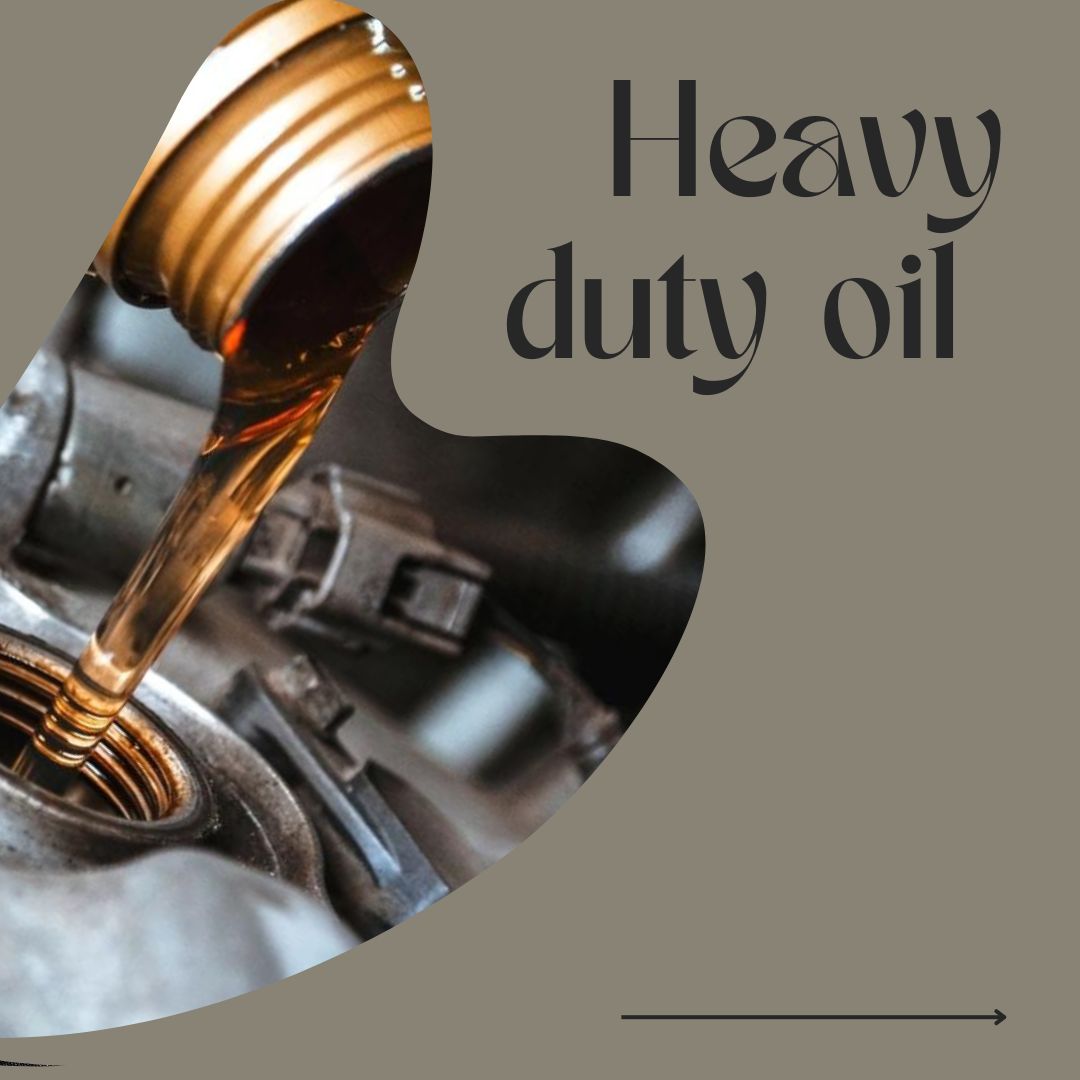When it comes to ensuring the long-term health and performance of heavy-duty machinery and vehicles, the type of oil used plays a crucial role. High-performance oils are specially formulated to withstand the intense demands of heavy-duty operations, providing optimal lubrication and protection against wear and tear. Understanding these oils can help you make informed decisions about maintenance and procurement. This essential guide delves into the characteristics, benefits, and procurement options for heavy-duty oils, ensuring you can select a product that meets both your needs and expectations.
What Is Heavy Duty Oil?
Heavy-duty oil, primarily tailored for commercial vehicles and heavy machinery, is designed to perform under rigorous conditions. These oils are engineered with advanced additives that combat high levels of stress and extreme conditions often encountered in industries such as construction, agriculture, and transportation. They’re formulated to meet or exceed various industry standards, ensuring that they can effectively lubricate engines running at higher loads and temperatures.
Key Characteristics
- Viscosity: This property measures a fluid’s resistance to flow. Heavy-duty oils typically have higher viscosity grades, enabling them to maintain their lubricating properties under high temperatures and mechanical loads. The viscosity must be carefully selected based on the operating environment and vehicle specifications.
- Additive Packages: High-performance oils contain specialized additives that serve various purposes, such as detergents to clean engine components, anti-wear agents to protect against friction, and antioxidants to prevent oil degradation. These additives enhance the oil’s effectiveness and extend its service life.
- Thermal Stability: These oils are engineered to withstand high temperatures without breaking down. This characteristic is vital in heavy-duty applications where engines may reach elevated temperatures.
- Oxidation Resistance: Heavy-duty oils are formulated to resist oxidative breakdown, which can cause sludge formation and engine wear. This property ensures a longer-lasting lubricant.
- Foam Resistance: In heavy-duty applications, the oil may experience agitation and turbulence. High-quality oils minimize foaming, ensuring that effective lubrication is consistently maintained even under rigorous operating conditions.
Benefits of Using High-Performance Oils
Using a high-quality oil specifically formulated for heavy-duty applications offers numerous advantages:
- Enhanced Engine Protection
One of the primary benefits is the significant enhancement of engine protection. Engine components are safeguarded against wear and tear, reducing the risk of costly repairs and downtime. This preventive measure is vital for businesses dependent on continuous operation.
- Improved Efficiency
Opting for the right high-performance oil results in improved fuel efficiency. By minimizing friction between engine parts, the engine runs smoothly, allowing for better energy use. This can translate into substantial savings in fuel costs over time.
- Longer Oil Change Intervals
Quality heavy-duty oils often have a longer oil change interval compared to standard motor oils. Because of their superior formulation, they can maintain their protective qualities longer, ultimately leading to saved resources in terms of time and money.
- Better Cold Start Performance
Heavy-duty oils are designed to perform well at lower temperatures. They provide adequate lubrication on cold starts, significantly reducing engine wear during those critical first moments of operation.
Choosing the Right Heavy-Duty Oil
When selecting the appropriate heavy-duty oil for your machinery or fleet, several factors must be considered:
- Manufacturer Specifications: Always refer to the vehicle or machinery manufacturer’s recommendations. These specifications are crucial for ensuring compatibility and optimal performance.
- Operating Conditions: Evaluate the typical operating environment. Consider temperature ranges, heavy loads, and the frequency of use. These factors will influence the choice of viscosity grade and additive package.
- Certifications and Standards: Look for oils that meet specific industry standards, such as API (American Petroleum Institute) and ACEA (European Automobile Manufacturers Association). These certifications indicate that the oils have passed rigorous tests for quality and performance.
- Supplier Reputation: Engaging with a trusted supplier is vital. Reputable suppliers provide high-quality products that meet or exceed industry specifications. Their knowledge and service also ensure proper guidance in selecting the right oil for your needs.
Where to Purchase Heavy-Duty Oil
Once you understand the requirements and benefits of heavy-duty oils, the next step is procurement. Sourcing from reputable suppliers guarantees that you receive authentic products that meet necessary performance standards. Many local filling stations and distributors specialize in lubricants, including those for heavy-duty applications.
Trusted Suppliers
It is essential to order from suppliers who can provide assurance of product quality and reliability. Companies like 11PLC, for instance, offer a range of premium Mobil lubricants, including heavy-duty oils. These trusted vendors ensure that you obtain products that conform to the highest industry standards.
Online Ordering and Delivery Options
In addition to physical stores, many suppliers now offer online ordering for convenience. This option can help you save time and increase efficiency, particularly when managing a fleet of vehicles or multiple machines. Ensure that the supplier offers secure payment options, reliable delivery times, and good customer service.
Conclusion
Understanding the critical nature of performance oils for heavy-duty applications can significantly influence your machinery’s reliability and efficiency. By investing in high-quality oils and choosing trusted suppliers, you can extend the life cycle of your engines, reduce maintenance costs, and improve overall operational efficiency.
Experience premium engine care—visit any 11PLC filling station nationwide today for the best Mobil Lubricants. Your vehicle deserves nothing less! By taking this step, you ensure that your operations run smoothly, safely, and efficiently, setting the stage for long-term success in your industry.

